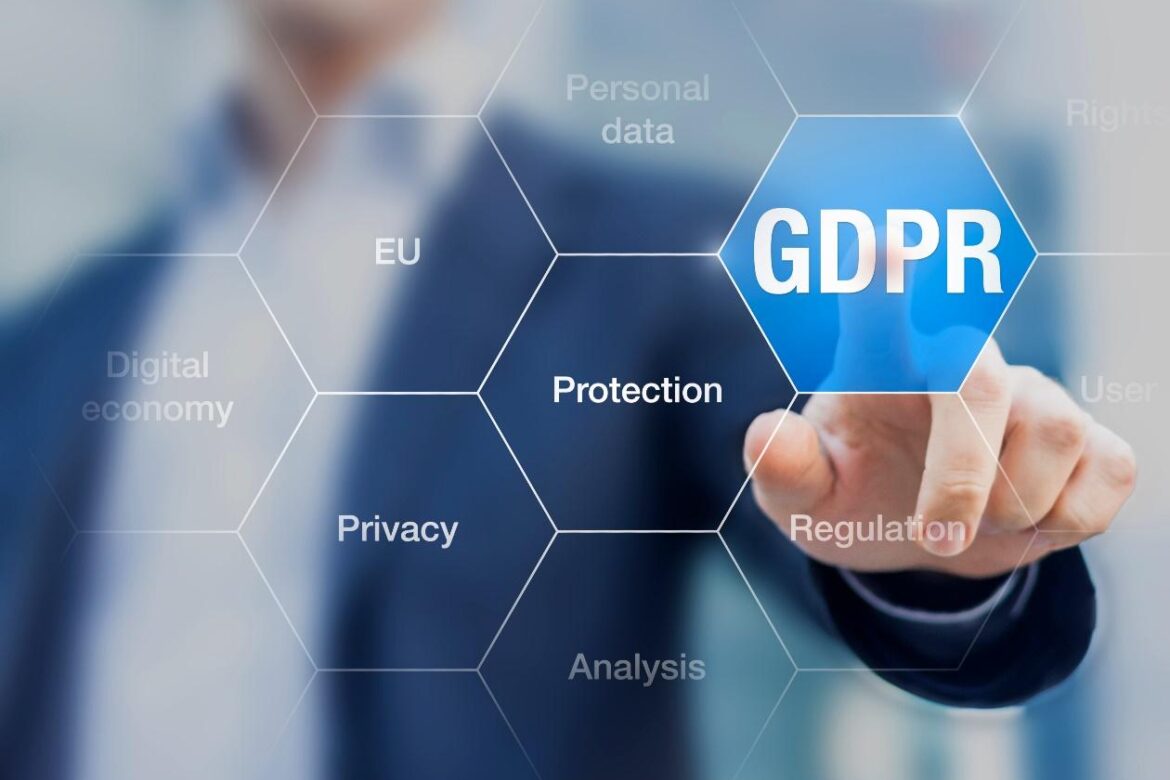Welcome to Madenat Recycling’s comprehensive guide on data sanitization must-haves. In an era where data breaches loom large and privacy concerns are at an all-time high, ensuring your team possesses the necessary knowledge of data sanitization is paramount. In this blog post, we’ll explore why data sanitization matters, the essential skills team Madenat possesses, and more.
Why Data Sanitization Matters:
Data sanitization, the process of permanently and irreversibly removing data from a device, is not just a best practice; it’s a legal and ethical obligation. Proper data sanitization safeguards against potential data breaches, protects customer privacy and ensures compliance with regulatory requirements such as GDPR and HIPAA. Failing to sanitize data adequately can result in severe consequences, including financial penalties, reputational damage, and loss of trust.
Essential Skills and Knowledge:
Understanding Data Types: Train your team to identify different types of data, including personally identifiable information (PII), financial data, and proprietary company information. Understanding the sensitivity of each data type is crucial for determining the appropriate sanitization methods.
Awareness of Legal and Regulatory Requirements: Educate your team about relevant data protection laws and regulations, such as GDPR, HIPAA, and CCPA. Ensure they understand their obligations regarding data handling, retention, and disposal to avoid legal liabilities.
Risk Assessment and Management: Teach your team to conduct thorough risk assessments to identify potential vulnerabilities in data handling processes. Implement risk mitigation strategies and establish protocols for handling sensitive data securely throughout its lifecycle.
Training on Data Security Protocols: Instill best practices for data security, including password management, encryption, and secure data transmission. Emphasize the importance of maintaining confidentiality and integrity in all data-related activities.
Regular Updates and Refresher Courses: Data sanitization techniques and regulations evolve over time. Schedule regular training sessions and refresher courses to keep your team up-to-date with the latest developments in data security and compliance.
Promote a Culture of Security Awareness: Foster a culture of security awareness among employees by emphasizing the importance of data protection in all aspects of their work. Encourage open communication and provide channels for reporting security incidents or concerns.
Reward Compliance and Best Practices: Recognize and reward employees who demonstrate exemplary adherence to data sanitization protocols and best practices. Positive reinforcement reinforces desired behaviors and encourages continuous improvement.
Knowledge of Sanitization Techniques: After all of this, when your data reached Madenat’s recycling facility, there are various data sanitization techniques we apply. They range from overwriting and degaussing to physical destruction methods like shredding. Each technique has its advantages and is suitable for different types of devices and data storage media.
Conclusion:
Training your team on data sanitization is not just a checkbox on a compliance list; it’s a critical investment in safeguarding sensitive information, protecting your company’s reputation, and maintaining customer trust. Equip your team with the essential skills and knowledge outlined in this guide by Madenat Recycling and ensure that data sanitization becomes an ingrained practice in your culture, fortifying its commitment to data security and compliance.


